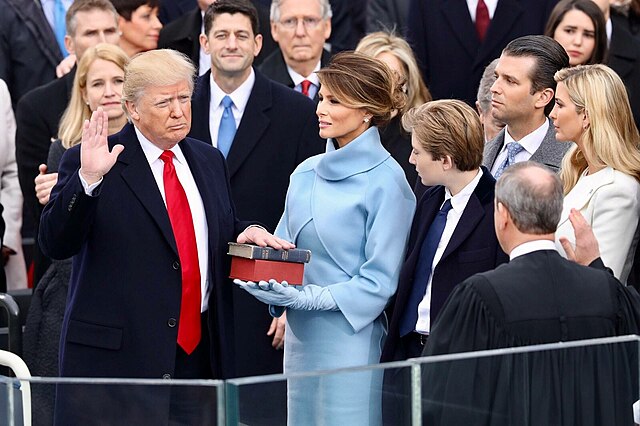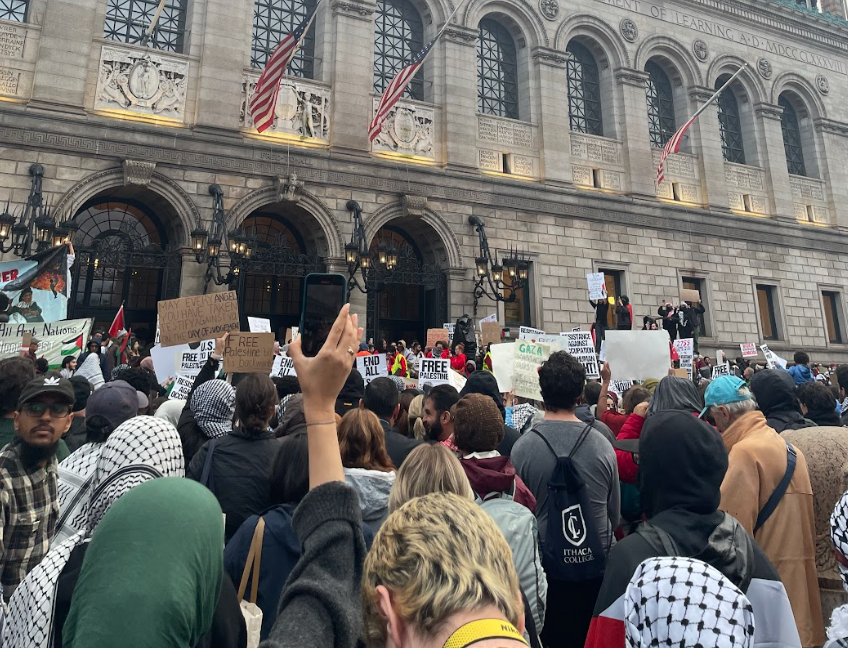Though Wellesley is in the middle of a costly renovation project and has recently made changes to its budget and endowment spending rate, few students attended the most recent Town Hall that College administrators held on Nov. 18. These meetings are important because they enable members of the Wellesley community to provide feedback and voice questions about the College’s major initiatives and events.
Civic engagement is a core concept of democracy, and at Wellesley, we are privileged to be able to have a say in College projects that will not only affect our own Wellesley experiences, but also shape the College in the long run. While the improvements that will be made as part of Wellesley 2025 are necessary and long overdue, they will have an effect on how we go about our daily lives while construction is underway and they will shape what the College will look like a decade from now. Participating in forums like Town Hall meetings allows us to hear about how exactly new policies may affect us, raise concerns about how changes will impact current students as well as future ones and hold administrators accountable for the decisions they have made so far on projects like Wellesley 2025. In order to become people who will make a difference in the future, we must begin participating in our community now.
Town Hall meetings present students with the opportunity to raise questions about issues such as Wellesley 2025 and the recent decrease in the target spending rate of the College’s endowment. Recently, the Board of Trustees unanimously voted to curb the endowment’s spending rate, which will help preserve the value of the endowment but limit the amount that the endowment kicks into the operating budget and Wellesley 2025. Currently the endowment serves as the single largest revenue source for the College, accounting for 41 percent of the operating budget in the last fiscal year, but income from the endowment will grow more slowly in the next few years as the College tries to keep up with inflation and avoid overspending. Students would benefit from listening to College administrators as they explain often-complex financial issues and any impact that these might have on Wellesley’s facilities, academic programs, financial aid and enrollment.
At the last meeting, faculty and staff members discussed concerns about cuts in salary compensation as a result of a reallocation of money in the operating budget to help fund Wellesley 2025, and there was significant faculty and staff turnout at the meeting. Students should follow their lead.
Throughout the semester, student groups have called for discussion on divestment, the shadow grading policy, multicultural spaces and socioeconomic differences. Town Hall meetings provide a chance for students to draw attention to concerns like these in front of administrators, faculty members, staff members and other students. Similarly, attendees are able to hear about various issues that affect other members of the campus community.
Other than promoting civic virtue, civic engagement and discussion on issues that are important to the student body, Town Hall meetings also encourage a sense of community. It’s easy for students to get caught up in schoolwork and extracurricular activities, and many students feel that they don’t have time in their days to listen to administrators talk about College finances and long-term projects that will have their greatest effect after most current students have graduated. But it’s important for students to step outside the communities in our dorms and classrooms and reach out to the greater Wellesley family.
Debate and dissent are essential to ensuring that institutions function properly and that those in charge are held accountable for their decisions. Students have every right to disagree with the College’s choices and plans, especially now as we are in the midst of a costly campus renovation project and as student groups have proposed changes to our curriculum and investment practices. But people shouldn’t complain if they don’t first take advantage of opportunities to voice their concerns to those calling the shots.
The next Town Hall will be held today, Wednesday, Dec. 4 from 12:30 to 2 p.m. in Alumnae Ballroom. The meeting is taking place during Community Time, and students should use these 90 minutes to hear about changes that will impact our community and provide feedback on how the College can best satisfy those who study and work here. This is the last Town Hall of the semester, so it’s our last opportunity to learn about Wellesley 2025 and general issues pertaining to the College’s finances, as well as to express our concerns before the year ends. We’re lucky that we go to a school where the College administrators let students have a say in policies that affect us. Let’s not throw away a chance to make ourselves heard.






